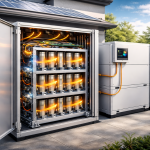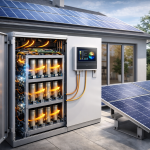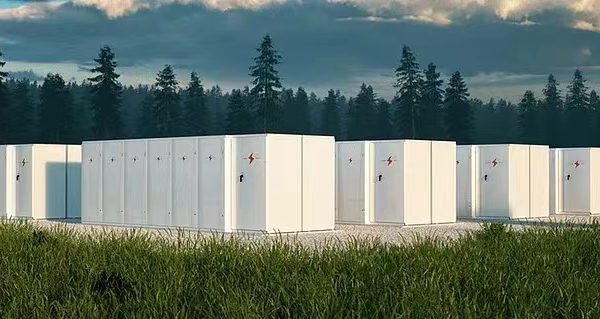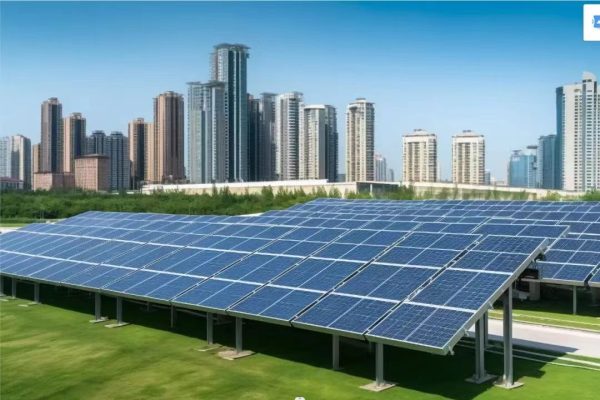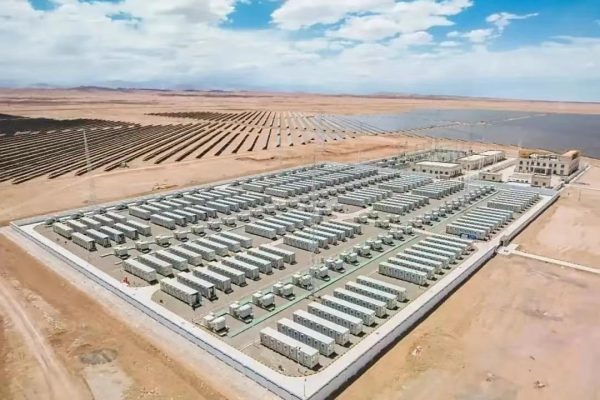How to Present Technical Solutions Clearly—and Win More Orders
In the fast-paced world of PV + ESS (Energy Storage Systems) exports, time kills deals. Whether you’re dealing with a residential installer in South Africa, a small EPC in the Philippines, or a distributor in Latin America, a clear, concise offer sheet can make or break a sale.
Many small clients don’t want to wait days for an answer—or dig through technical jargon to understand what you’re selling. A well-prepared offer sheet helps you:
- Save time in back-and-forth communication
- Look professional and trustworthy
- Close faster, especially in competitive markets
- Avoid costly misunderstandings later in the project
Here’s how to build a complete and effective system offer sheet, even if your team is small.
📄 What Is a System Offer Sheet?
An offer sheet is a single document (PDF or Excel) that summarizes:
- The technical system solution
- Key components (inverter, battery, PV, etc.)
- Pricing and commercial terms
- Lead time and delivery options
- Technical drawings or layout
- Optional services (e.g. installation, support, monitoring)
Think of it as a simplified quotation + tech proposal.
✅ Key Sections to Include
1. Header & Contact Info
- Company logo
- Client’s name/project title
- Date and quote validity (e.g. “Valid for 30 days”)
- Your contact person (name, email, phone)
2. System Overview
Briefly describe the system size and purpose:
“This proposal is for a 10kW Hybrid PV + 20kWh LiFePO₄ ESS, designed for residential backup and self-consumption.”
Include if it’s grid-tied, off-grid, or hybrid.
3. Bill of Materials (BOM)
A simple table is enough:
| Item | Model | Quantity | Unit Price | Total Price |
|---|---|---|---|---|
| Hybrid Inverter | XBrand 10kW | 1 | $900 | $900 |
| Battery Module | LFP 5.12kWh | 4 | $700 | $2800 |
| PV Panel | 550W Mono | 20 | $120 | $2400 |
| Mounting System | Roof Mount Kit | 1 | $400 | $400 |
| Accessories | Cables, Breakers | 1 set | $300 | $300 |
| Total EXW Price | $6800 |
Add incoterms (EXW, FOB, CIF) and currency clearly.
4. Lead Time
Give realistic timelines:
- PV Panels: In stock
- Inverter: 10–12 days
- Battery: 15–20 days
- Shipping: 25–30 days (if quoted CIF)
If partial shipments are possible, say so.
5. Payment Terms
Clearly state:
- 30% deposit, 70% before shipment
- TT only, LC on orders above $50,000
- Optional: 2% discount for full payment upfront
6. Basic Electrical Diagram or Layout Drawing
Use a one-line diagram or physical layout sketch:
- Show battery > inverter > loads/grid
- Include total system dimensions
- Useful even for non-technical buyers
A simple PNG image or embedded CAD export is enough.
7. Certifications & Compliance
Especially important for export:
- Inverter: CE, IEC62109, G99 (UK), etc.
- Battery: UN38.3, UL1973, CE, etc.
- PV Module: IEC61215, IEC61730
List relevant documents available on request.
8. After-Sales Support
Briefly mention:
- Remote commissioning support
- Firmware updates via Wi-Fi
- 1-year spare parts included
- 5–10 year warranty, depending on component
9. Optional Add-Ons (Upsell!)
- Installation guide package
- Cabinet integration
- Branding/logo
- Customized EMS for C&I
🎯 Tips for Making It Effective
- Use clean formatting – Avoid clutter
- Keep it short – 2–3 pages max
- Highlight availability – Clients hate delays
- Include real pictures – Not just logos or icons
- Avoid vague phrases – Always include model numbers
🧩 Templates and Tools
Use tools like:
- Excel / Google Sheets – for quick BOM & pricing
- Canva / Word / InDesign – to format nicely
- PDF exports – for easy sharing by email or WhatsApp
- AutoCAD / Visio – for line diagrams (optional)
We recommend creating one template per product type (e.g. 10kW residential, 30kW off-grid, 100kWh C&I) for speed.
For SME clients in export markets, clarity builds trust. A professional system offer sheet helps your company look serious, communicate faster, and increase conversion rates—especially when you’re competing against global brands.

